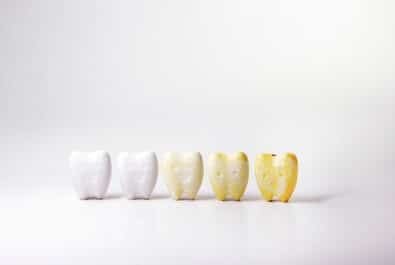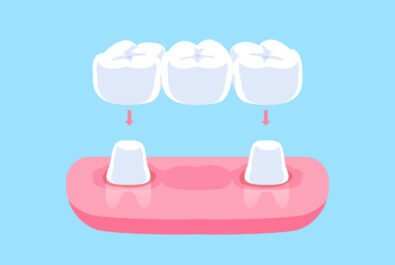Patients who require extensive dental care, like oral surgery, may find the prospect of treatment a little daunting. For patients who fear dental treatment in general, the thought can be near terrifying, inhibiting them from receiving the care they need. Dental sedation can help patients remain calm before and during their procedures, and can be tailored to meet your specific needs. After carefully examining your oral health and medical history, and consulting with you to determine your preferences, Dr. Hofkes can help you decide on a dental sedation method that’s right for you.
How Dental Sedation Helps
Dental phobia encompasses a variety of fears, from apprehension about sitting in the dentist’s chair to fear of the equipment needed to perform dental treatment. The problem is that patients must visit their dentist regularly to keep their smiles beautiful and healthy, and dental phobia can prevent them from attending necessary appointments. If you experience dental phobia, then sedation can help you relax before and during the treatment process so you don’t have to postpone or cancel your procedure.
Choosing the Right Dental Sedation Method
Nitrous Oxide
Nitrous oxide, or laughing gas, is an inhaled sedative that produces mild, but almost instantaneous, effects. It is administered through a mask that you wear over your nose, which allows you to inhale the sedative and then immediately exhale it through your mouth. If you only experience a twinge of anxiety, or if your dental procedure is minor, then nitrous oxide may be your best option.
Oral Sedation
Oral sedation, or oral conscious sedation, describes a pill or liquid that you can take the night before your appointment, and again in the morning shortly before your procedure begins. Oral sedation is more potent than nitrous oxide, but still allows you to remain conscious and responsive throughout your entire visit.
IV (Intravenous) Sedation
IV sedation is administered through an intravenous drip, which can be adjusted as needed to provide more or less of the sedative. As the most potent form of dental sedation, it slightly clouds your perception of sights and sounds, and your memory of the procedure may be a bit cloudy, as well. Nevertheless, you will remain conscious and responsive to your doctor’s prompts, and a skilled professional will monitor your sedative levels and vital signs the entire time.














